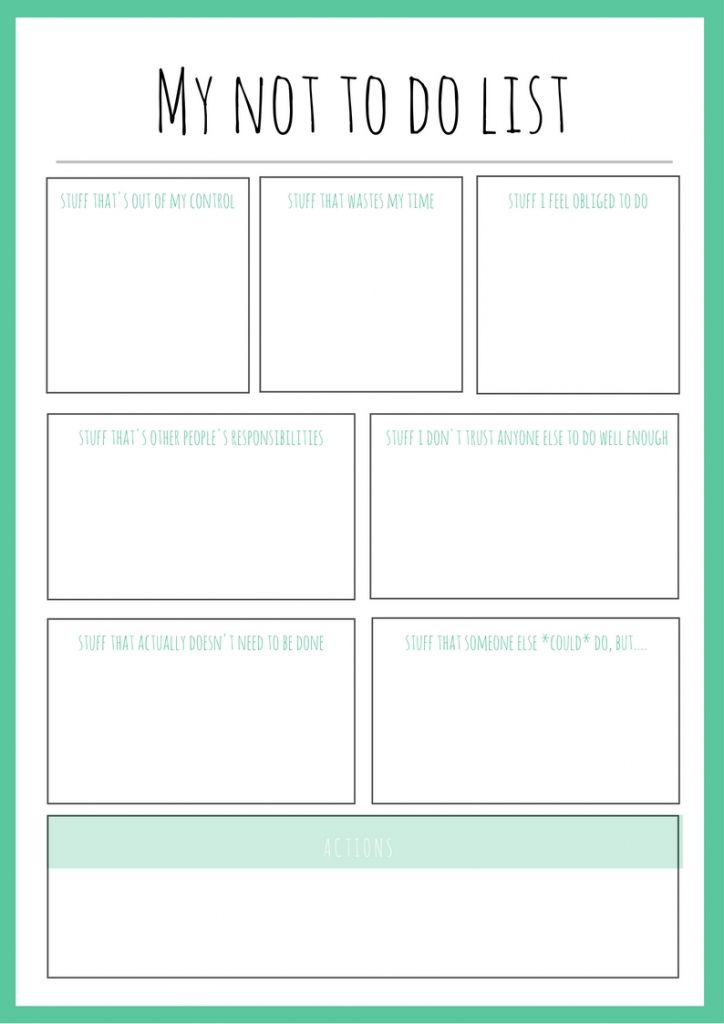
This week, I took my first proper break since becoming self-employed in the Autumn. I have done a reasonable job of keeping my work-life balance in check, and have certainly been more flexible about deciding when and where to work taking into account other things that also matter to me (children’s Easter services, parents evenings, cries for help from good friends, mother’s 70th birthday. Heck, I even splurged on a relatively last-minute trip to New York to celebrate a friend’s 40th birthday with her when she was let down by the person she was originally planning to go with).
But although I love my work and have a reasonable work-life balance overall, I felt really in need of the holiday and the total downtime that it would bring. In short, my brain needed a rest and my soul needed some extended playtime.
When I was an employee, I had developed good habits that allowed me to really enjoy and get the full benefit of my holiday time – I never took work away with me, switched off my phone and emails (although I confess I still got someone to text me the weekly sales figures each week) and I would make sure people knew who to contact in my absence because I wasn’t going to be available.
I’m sure that if I hadn’t taken this approach to creating proper boundaries between holiday and work, I would not have been able to recharge the batteries as successfully, and my overall work-life balance and stress levels might have taken quite a battering.
These days, going on holiday as a small business-owner is a little different: while most things can be safely left alone for a week or two, some things do simply need to be dealt with by me and me alone, so a quick, ten minute check on emails has been built into my days when I’m away now. But I’ve found building some boundaries is still vital to ensure that total switch-off from work is possible during the rest of the holiday.
I’ve noticed that many of the clients I’m working with also seem quite focused on their work-life balance (or lack of it) at the moment too. I’m sure the Easter holidays are focusing their attention on this area, whether because of the additional challenges of having to juggle childcare or because they’ve remembered how vital having some fun downtime is to their mood and overall outlook on life.
One client – who very happily and willingly devotes a lot of time to the challenges of running a business she loves – described her work-life balance challenge beautifully to me, yesterday:
So, when we get that timely reminder about the fact our work-life balance may not be as happy and healthy as we’d like it to be, what to do? How to go about changing it, when even just thinking about what to do may cause the cup to overflow?
Here’s five tips to help you start to tip a little of the coffee out of the top of your cup this holiday season, and create a little more space for thinking, living, playing – or just to give you the confidence that you’ll be able to tackle a curved-ball should it unexpectedly come your way:
The optimum word here is focus. Whether it’s reading a book, watching your favourite TV programme (and I mean truly watching and becoming absorbed, not half watching while checking your Facebook feed), doing a bit of gardening, taking the dog for a walk, playing a card game with the children, having a soak in the bath or lying listening to some music, give your brain some daily down time and your energy levels a daily boost, by switching off from thinking and becoming totally immersed and absorbed in something that you really love doing, that gives you great pleasure to do. Half an hour is ideal, but even if you can only manage ten minutes, your stress levels will benefit. It can be hard to give yourself permission to do “nothing” (or nothing “useful”) when your to-do list is never-ending, but doing so will help you be more productive the rest of the time as well as giving you a much-needed mood boost.
Logically, there are no rules. There are no “shoulds”. Only ones you create for yourself, anyway.
And when you do all the things you “should” do, you may be stuffing your life full of tasks and activities that maybe you don’t actually need to do at all.
My challenge to you is to notice whenever you say to yourself that you “should” be doing something, and change the word “should” into either “could” or “must”.
What must you do? Why must you do it?
What could you do? Will you or won’t you do it?
It’s always a choice and you are free to choose.
And, if you can, notice what else you are thinking when you are telling yourself you “should’ do something. How does the sentence end? “I should do this because……….” ?
If you can spot a pattern in those thoughts, you may just hit on the root cause of what’s causing your work-life balance to be off-balance, and have found the thing which, if you can work on it and change the thought into something more logical and helpful, will lead you to a better work-life balance for the long term.
It sounds simple. But if you stop and think, how many things have you done in the last week that, truth be told, actually weren’t that important? How many things did you do that weren’t really your responsibility? Not sure? Take your to-list and turn it on its head by creating a “not to do list” and find yourself some space by ditching the things that are clogging up your brain and your list without really earning their keep!

Delegating, or asking for help, is something many of us struggle with, and there are all kinds of reasons why (often centered in one way or another around worries about what others will think about us if we have to ask for help).
If your thoughts are that you shouldn’t need to delegate, that others (I’m mostly talking partners and children here, but it can equally apply to work colleagues) should just know and recognise that they need to do things themselves, then do remember that those others aren’t mind readers. Wishing that they would suddenly realise they could help by bringing the washing in, doing the shopping or tidying up is never going to work. Wishing won’t lead to any change at all. After all, there’s been a washing/shopping/tidying fairy doing all the work for the last umpteen years hasn’t there, so why should she suddenly fail to turn up now?!
Whether it’s at home or in the office, if you keep on doing all the work, those others have every right to expect that you will continue to do it all and even to assume that you’re happy doing it all. After all, logically, if you weren’t happy you would ask for help, wouldn’t you? So stop giving them permission to do nothing (by continuing to do it all yourself), and ask them to do it.
And, if you really want to get things off your plate and get some head-space back, make sure if you delegate the thinking and decision-making around something, and not just the task itself. Make it somebody else’s responsibility to get it done on an ongoing basis, not just a task you give them once that they can forget all about again tomorrow!
When you can’t find a clear weekend in your diary for six months, and what you’re craving is a weekend off to do nothing, FOMO (fear of missing out) might be going on. Or maybe you’re worried your friends will think you no longer like them if you turn them down? Or perhaps you’re spending so much time rescuing and showing kindness to others that you aren’t repaying yourself with the same kind of kindess and love that you reserve for your friends and family? Whatever’s behind it, it’s worth remembering that whenever you say “yes”, you are saying “no” to something else.
Stopping and giving yourself time and space to think and work out what you’re saying “no” to, before you say “yes” may help you say “no” more often.
I’m not saying it will feel easy – but I’m challenging you to give it a go and see how good the extra space you create in your life feels!
I’m Jo Lee, the No Stress Success Coach. I coach career professionals and business owners to achieve the personal success they want, to reduce stress and to develop a happy and successful work life balance.
I offer face to face career coaching and life coaching in Leicestershire, Derbyshire, Staffordshire and Birmingham and telephone or online coaching across the UK. If anything in this blog post resonates with you, and you’d like to find out more about how coaching works or what coaching with me might be like, please get in touch for an informal chat or to arrange a free initial consultation




